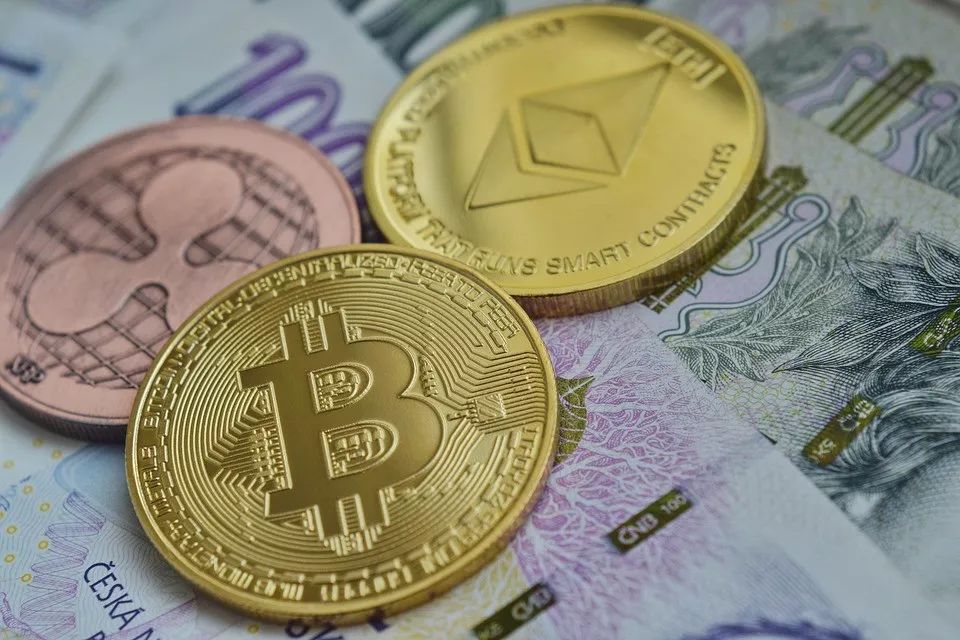Getting started with blockchain | Single-chain wallet and multi-chain wallet
The vernacular blockchain has described the classification of wallets from different dimensions in the article "Wallets and Addresses":
From the dimension of networking, wallets can be divided into: hot wallets and cold wallets
From the dimension of whether the user owns the wallet private key, the wallet can be divided into: decentralized wallet and centralized wallet
In terms of form, wallets can be divided into hardware wallets, mobile app wallets, browser plug-in wallets, etc.
- Currency Security BSV Debate: Rules, Neutrality and Decentralization
- At the age of 19, he was the boss. At the age of 20, ICO failed. At the age of 21, the project was linked to eBay. Why is the startup company so difficult?
- Shenyu: Future PoS is a better choice, Staking and Defi may form a game
……
What we are going to introduce today is another dimension that classifies wallets. From the dimension of whether to support multiple chains of encrypted assets, wallets can be divided into: single-chain wallets and multi-chain wallets.
01 single chain wallet
A single-chain wallet is a wallet that can only store and send and receive a public chain Coin or Token. For example, the bitcoin official wallet Bitcoin Core, which only supports bitcoin storage and transceiving, only supports Ethereum's imToken1.0 and Meet.One wallet that only supports EOS assets.
Many times it is called the main chain wallet. These wallets are generally developed for a platform-type public chain. For example, imToken version 1.0 and MetaMask (many friends call it a small fox wallet) are Ethereum single-chain wallets, so they only support ETH and the same standard ERC-20 token.
For the platform type public chain, its main chain Coin usually has certain use functions. Take Ethereum as an example. There are various roles such as miners and DApp users on the Ethereum platform. Their activities are mostly around ETH. The main chain wallet serves as an entrance for all kinds of users to provide storage and circulation convenience.
The platform-type public chain generally has a rich DApp, and the corresponding main chain wallet generally not only satisfies the needs of the main chain asset storage, but also serves as an entrance to the DApp on the public chain. From this perspective, the wallet is also one of the standards for measuring the usable and easy-to-use platform-type public chain.
02 multi-chain wallet
Multi-chain wallets, simply a wallet that supports multiple mainline platforms, Token. Common multi-chain wallets are: Bitmap, imToken2.0, Cobo Wallet, etc.

At present, there are more and more types of public currency in the cryptocurrency market. Many users in the circle hold multiple encrypted assets of the public chain. If the main chain wallet is configured for each public chain asset, it is very troublesome. The emergence of multi-chain wallets is a good solution to this problem, and it is only necessary to have a wallet to easily manage multiple public-chain encrypted assets. Providing great convenience to users and reducing the burden of managing multi-chain assets.
For example, when you have Bitcoin, Ethereum, and EOS at the same time, you can put them in a multi-chain wallet that supports these three types of assets.
The emergence of multi-chain wallets can meet the needs of users to manage multi-chain encrypted assets in one wallet, but the problem of asset exchange between different public chains, there is no mature solution in multi-chain wallets, provided in multi-chain wallets The exchange of assets between different public chains may be a major trend in the development of wallets.
03 summary
A single-chain wallet can only store and send encrypted assets on a certain main chain. To a certain extent, it is the entrance to the public chain ecology. Multi-chain wallets can store and send and receive assets on multiple public chains, providing great convenience for users to manage the public chain assets, and reducing the burden on users to manage multi-chain assets.
With the development of the blockchain industry, there are more and more cryptocurrency wallets on the market. What factors do you mainly consider when choosing a wallet? Welcome to exchange your thoughts in the message area.
——End——
Author | Yan Wenchun
Produced | vernacular blockchain
『Declaration : This series of content is only for the introduction of blockchain science, and does not constitute any investment advice or advice. If there are any errors or omissions, please leave a message. 』
We will continue to update Blocking; if you have any questions or suggestions, please contact us!
Was this article helpful?
93 out of 132 found this helpful
Related articles
- Analysis of the market on April 24: Is the unique bitcoin being optimistic or is there a conspiracy?
- To fill the shortcomings of the lack of identity layer, how to build a decentralized identity in the enterprise blockchain?
- The first anniversary of the election of Wenzhou Gang and the left-behind node 丨EOS node
- Foreign media: Samsung is developing a blockchain based on Ethereum, and may issue coins in the future.
- Morgan Valley founder Pomp: Bitcoin may grow 20-50 times in 5 years, with a market value of more than 5 trillion US dollars
- Identity Privacy and Compliance for Cryptographic Finance: About Zero Knowledge and Securities Pass Agreement
- Is the lightning network still far from life? Lightning Labs launches Alpha version of the desktop app





